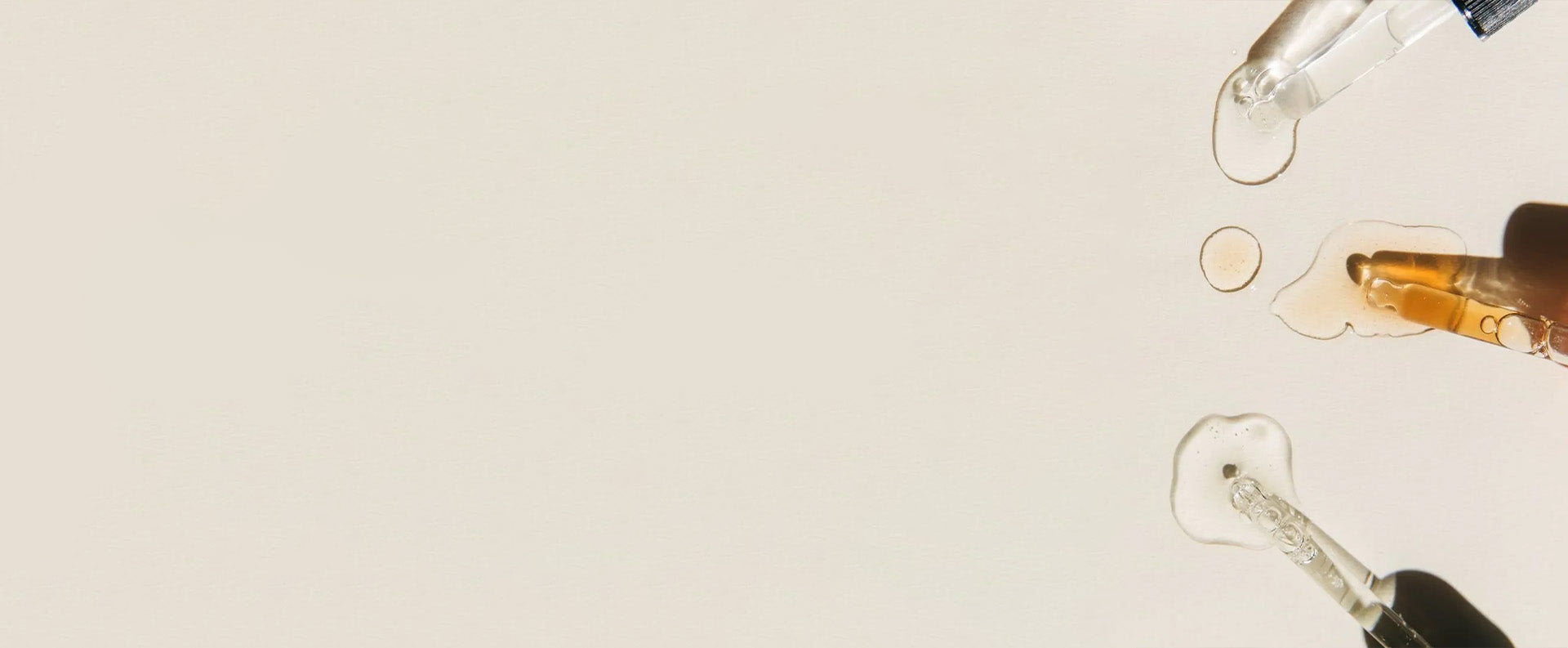
Focus on retinol
Retinol is one of our "star" active ingredients at Ad CAELIA to optimize the health and radiance of the skin. In fact, it is one of the most widely used "anti-aging" active ingredients in the world of cosmetics. If its effectiveness has never been questioning, its security of use and its tolerance are today subject to caution.
So here is a short guide to using retinol to enjoy its benefits while taking care of your skin.
What is retinol?
It is a molecule of synthetic origin, which corresponds to one of the three available forms that vitamin A can take.
Cosing, the European base of cosmetic ingredients, presents it as a "maintenance agent" , whose role is to keep the skin in good condition, to improve its appearance when it is dry and/or damaged, by reducing flaking and restoring its suppleness and firmness.
What are its benefits?
Retinol has two main spectrums of action: the fight against cellular aging and skin imperfections.
Here are some of its many benefits:
- Increased capacity of cell repair and regeneration (up to 6 times the normal rate!). This is why it is used in cases of wrinkles , lack of firmness, stretch marks , or acne scars, recent or old due to wounds.
- Stimulation of the production of collagen, elastin, and natural hyaluronic acid, three molecules forming the skin's support tissue and essential for its suppleness, elasticity and firmness.
- Active fight against free radicals of all kinds (UV, tobacco, pollution, etc.) responsible for skin aging and degradation of the epidermis.
- Refines the skin's surface texture and tightens pores, by improving the complexion and texture of the epidermis (we speak of keratolytic action)
- Regulates melanin synthesis thus playing a role on pigment spots, in prevention or treatment.
- Regulates sebum production, reduces inflammation of the sebaceous glands, unclogs clogged pores, making it a very good friend of oily and acne-prone skin.
How does it work?
Just like fruit acids (AHA, or PHA), retinol acts on skin cells to stimulate collagen production by these latter and thus promoting cell renewal. The skin is therefore “irritated” by the action of retinol, and can trigger an inflammatory phenomenon – hence the regular appearance of redness when it is applied.
Where is it found?
In reality, retinol is very rarely found in its pure form, but rather in derived forms grouped under the name of retinoids (retinol, retinoic acid, retinyl palmitate (highly transformed form) in many cosmetic or dermatological products intended to firm, smooth and repair the skin: night/day cream, serum, mask, healing cream or gel, etc.
Retinoids are also found in some natural products, but again, they are not pure retinol.
How and when to use it correctly?
Although retinol is recognized as THE best anti-aging active ingredient currently available, we should not forget the side effects it has on our skin.
Indeed, it is a photosensitive and photosensitizing molecule. Thus, by stimulating our skin, retinol can also weaken it, and make it more sensitive to UV rays.
Here again, it's all about balance! I therefore invite you to use this super active ingredient in a reasoned and reasonable manner, in order to benefit from its benefits without damaging the overall health of your skin.
My recommendation is therefore to use products containing this active ingredient preferably in autumn/winter, and to apply them in the evening to limit direct exposure to UV rays as much as possible. Also, be sure to opt for an SPF 50 sunscreen, whatever the season, in order to optimize the protection of your skin.
To start, use your retinol treatment 2 to 3 times a week maximum so that your skin gets used to it, and increase gradually the doses if she tolerates it well.
Always pay attention to the signals sent by your skin! Tingling, tightness, discomfort, flaking, redness are all calls from your skin to tell you that the product is not right for it.
Finally, since vitamin A and its derivatives oxidize when exposed to air and sunlight, opt for vacuum-packed, opaque packaging that offers better preservation. Also check that the product chosen does not exceed 3% retinoid concentration, unless advised by a doctor.
For whom?
Retinol, with its powerful properties and its function as a skin care agent, is therefore recommended for all mature skin types, concerned with reducing visible fine lines, brown spots and seeking to regain suppleness and firmness. It is also suitable for acne-prone skin, where it will have a smoothing action, and will reduce recent or established scars related to pimples. A little retinol can also be used as a preventative measure, from the age of 25.
However, these actions can be very irritating for certain skin types. I therefore advise against using this active ingredient for extremely reactive, irritated skin, and for anyone suffering from a skin condition (psoriasis, eczema, etc.)
I also advise pregnant and breastfeeding women to avoid cosmetic products whose INCI list contains a retinoid, as they are too stimulating and sensitizing.
Natural alternatives to retinol
-
Bakuchiol , in anti-aging and anti-acne treatment
"Bakuchiol" is called "natural retinol", it is a molecule of plant origin extracted from the seeds of Babchi, an edible plant of Indian origin used in Ayurvedic medicine to treat various skin problems.
Thanks to its antioxidant, anti-seborrheic, anti-microbial and anti-inflammatory power, bakuchiol is a great ally in the fight against the signs of aging and acne . It helps to reduce both excess sebum and the dehydration phenomenon that is often inherent to it.
-
Rosehip oil, to boost cell renewal
Rosehip oil is ideal for taking care of mature skin with wrinkles and age spots, but also atopic-prone skin with diffuse redness. Its content of essential fatty acids, vitamins E and K, but also transretinoic acid give it three precious virtues:
Restorative : it reduces scars as well as redness and inflammation due to exposure to the sun.
Antioxidant : its richness in vitamin E makes it an excellent antioxidant treatment to protect the skin from free radicals (stress, pollution, UV)
Lightening : thanks to its high content of transretinoic acid, it regulates the production of melanin, thus reducing the appearance of pigment spots on the surface of the skin.
-
Argan oil, to naturally fight wrinkles and gain firmness
A beauty secret for thousands of years, argan oil, thanks to its exceptional vitamin E content, provides deep hydration to the skin, thus helping to maintain its hydro-lipidic balance, and thus significantly slows down its aging, both preventively and curatively.
Personally, I have been using retinol for about 3 years, especially in autumn/winter and generally every other evening. I always start a new treatment with a very small amount followed by maximum hydration (hyaluronic acid serum + rich moisturizing cream) to optimize the treatment and protect my skin.
Sometimes this asset is simply misused in the routine while with the right use the person in question tolerates it very well.

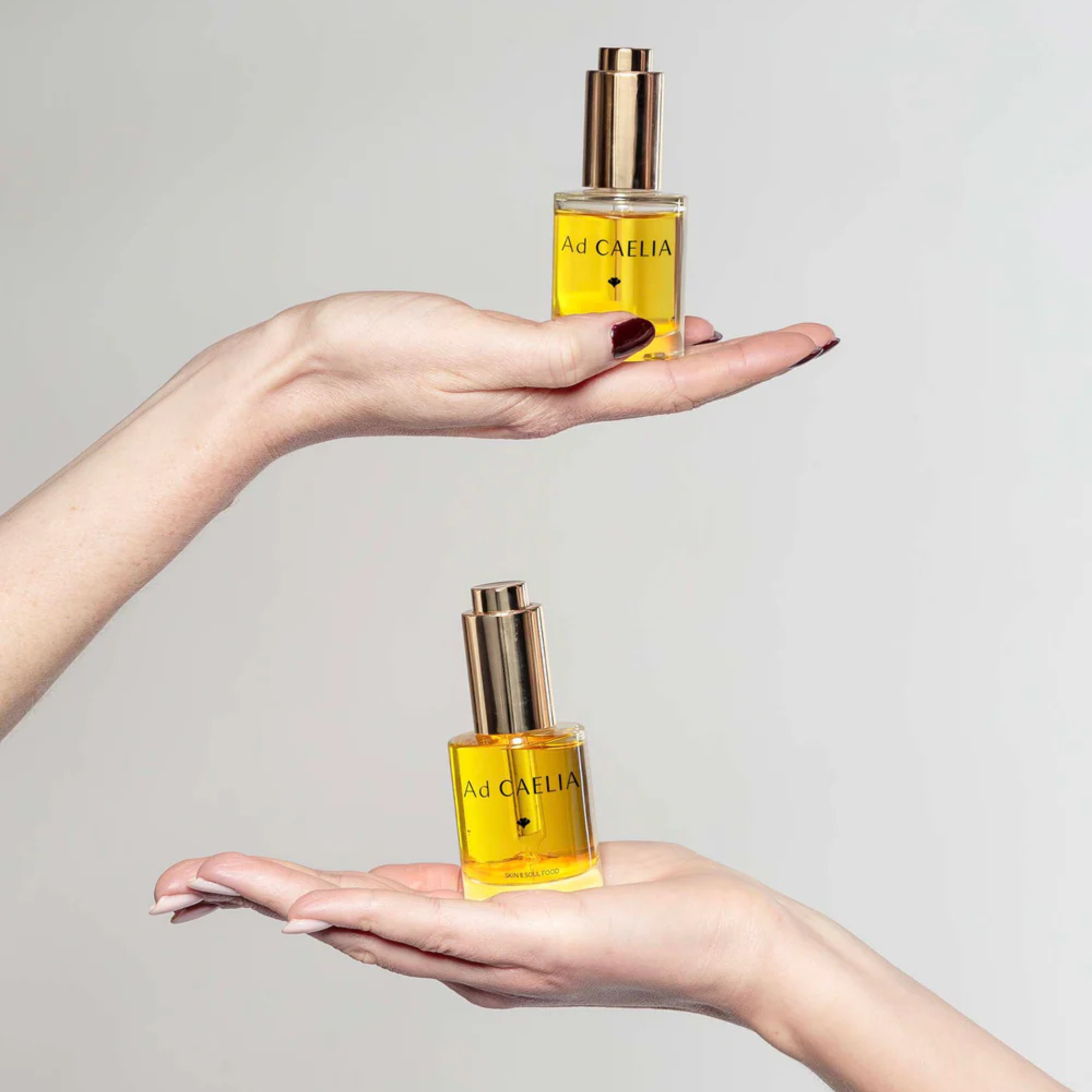
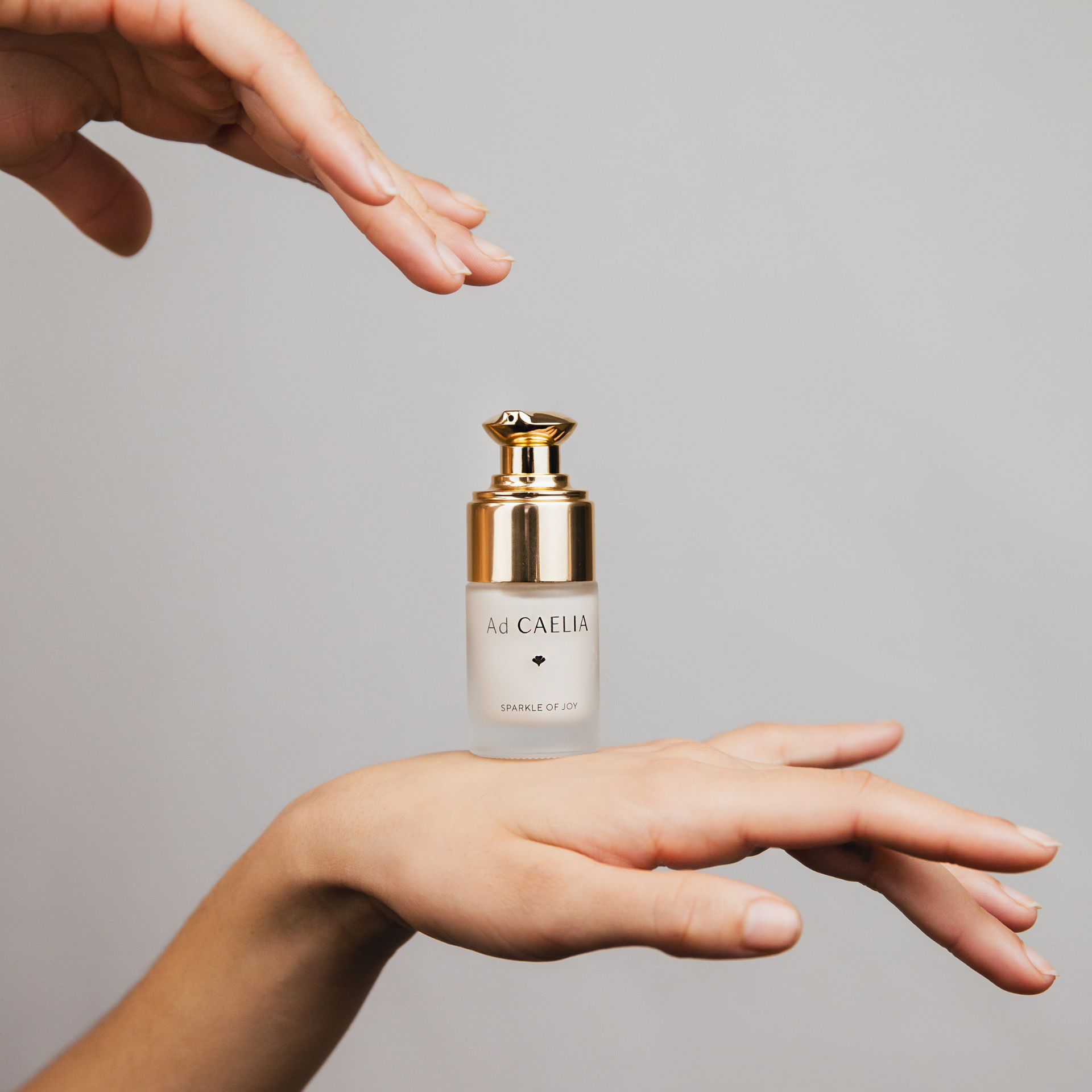
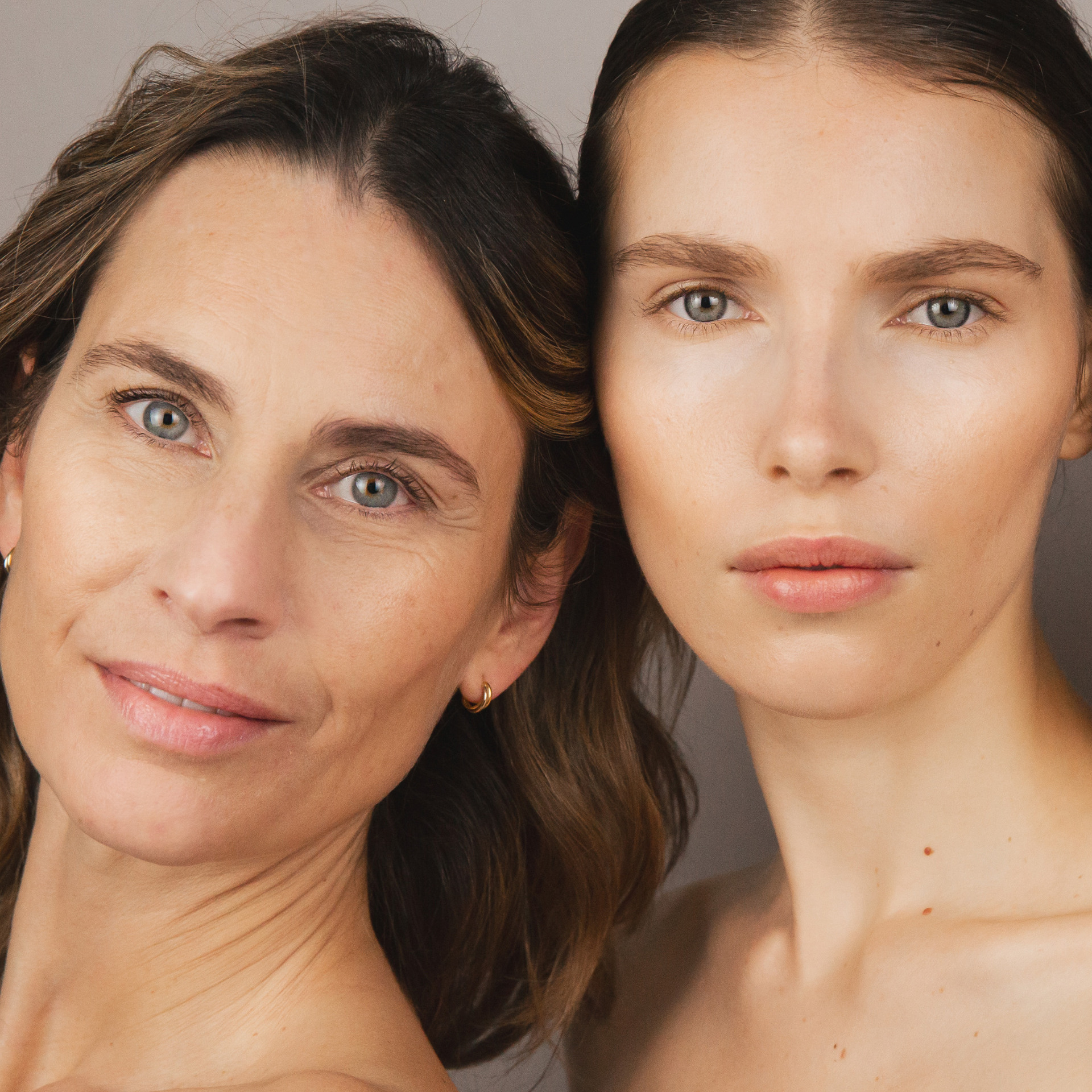
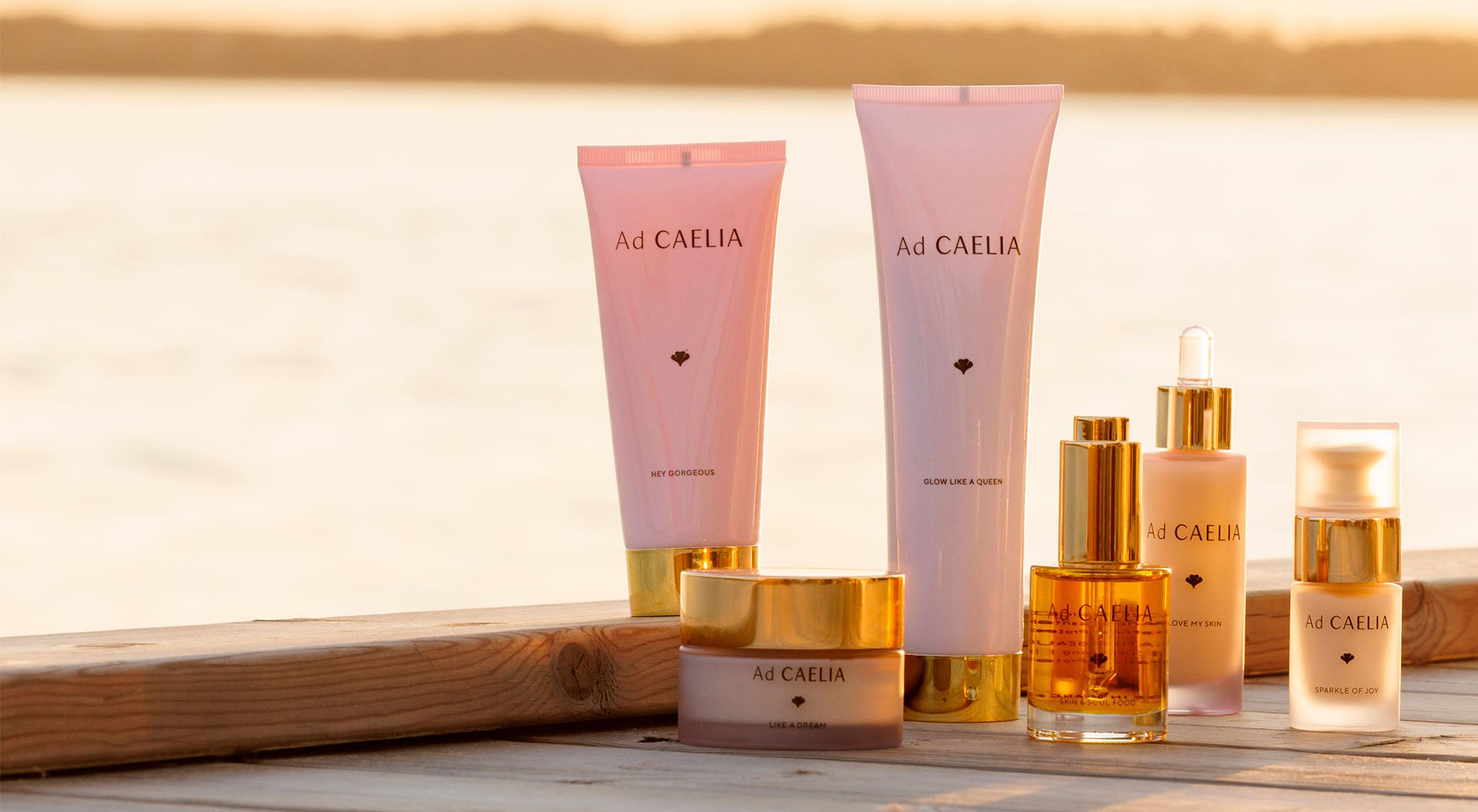
Leave a comment
This site is protected by hCaptcha and the hCaptcha Privacy Policy and Terms of Service apply.